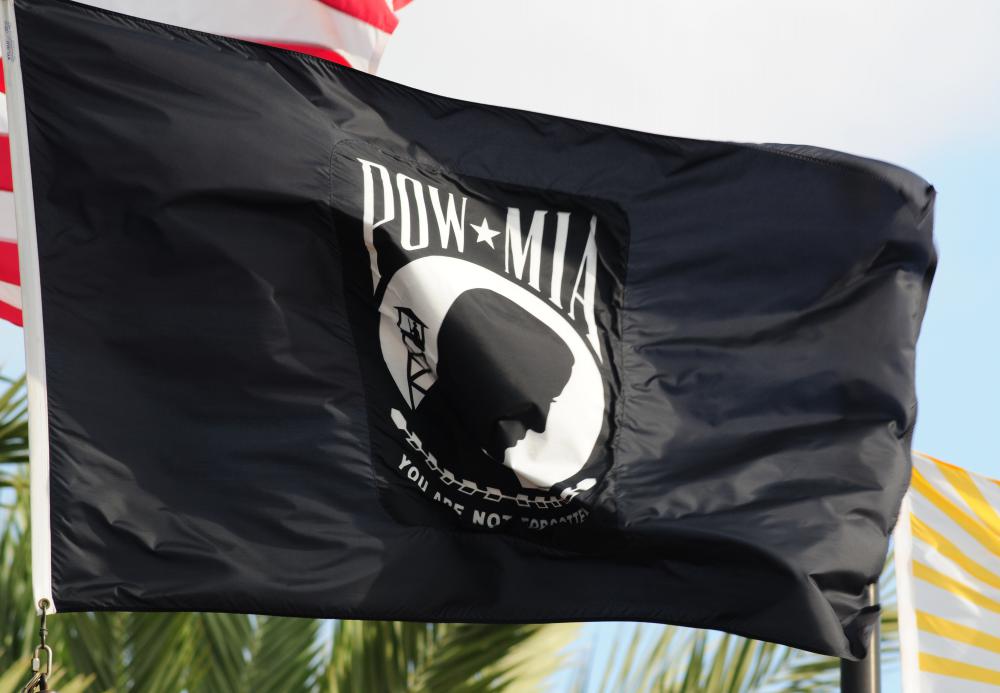At WiseGEEK, we're committed to delivering accurate, trustworthy information. Our expert-authored content is rigorously fact-checked and sourced from credible authorities. Discover how we uphold the highest standards in providing you with reliable knowledge.
What is a Political Detainee?
Political detainee and political detention are words difficult to define. Someone who is detained may be imprisoned, placed under house arrest, or in other ways have their activities curtailed. When the person is detained for political reasons, he is a political detainee. This term is not always used, and a country may choose another word rather than detainee or political prisoner, since in most cases, a person detained for political reasons is considered a political prisoner. Organizations like Amnesty International refer to detainees as prisoners, and countries don’t like to be called out by the organization as appearing to violate human rights in such a way.
In the strictest sense, the political detainee is a member of the country that detains him. Usual reasons for detention include holding ideas considered dangerous to that country’s political structure, and/or expressing those ideas in a public forum, i.e., making a speech, writing a book or even having a website that criticizes the government. In other cases, a person may be considered as detained for political reasons if he or she is suspected of acts that are defined as sedition or treason by a government.

The term tends not to mean prisoner of war (POW), though it is related. POWs are generally combatants (soldiers) captured by an enemy country when two countries are at war with each other. Another type of prisoner taken during a war might be called a political detainee or might be called a hostage, depending upon who is doing the talking. A journalist coming from a country at war with another might be considered a political detainee if he or she is captured, rather than a standard POW. The country from which the journalist comes is more likely to call the journalist a hostage or prisoner.

There are instances, especially where a person is suspected of terrorism, but is not affiliated with a government at which a country is a war, where the person can be politically detained. Again, it all depends upon the rhetoric and word choice of the country creating such detention. For instance, people imprisoned at Guantanamo Bay, even citizens who have been born in the US, are considered enemy combatants by the US, and are designated as such.

Organizations like Amnesty International tend to call those at Guantanamo Bay political prisoners, and have criticized the American government for imprisoning of these people, and for not allowing them access to swift trials and representation. Under US law, enemy combatants fall under different rules of treatment than do prisoners of war, and theoretically, the US doesn't have political detainees. To imprison someone for expressing his or her right to free speech or freethinking is illegal in the US. However, the Bush administration suspects that those labeled enemy combatants are not merely exercising free speech but are deliberately planning acts of terrorism and treason. This view is not shared by all Americans.
The person considered a political detainee might have very few rights. He or she may not be able to have access to a lawyer, or even a trial. Being held by a government for political reasons, means that the government perceives this person as a threat, either directly or indirectly, to its power structure or its people, and the person may be held for an indefinite period of time, since no trial means decision of guilt and sentencing cannot occur.
AS FEATURED ON:
AS FEATURED ON:













Discuss this Article
Post your comments